The official launch of your book entitled The Waldheim Affair and Austria took place not long ago. Why did you choose this particular topic?
- I first encountered the subject a long time ago, when I was still a student at the Austrian Institute in Budapest. I borrowed a few books from the library, and one of them was a volume about what happened in 1986 and the six years that followed, during the time that Kurt Waldheim was president of Austria. I was fascinated by the subject, and after that I worked for years in other fields, finished my schooling, and then became part of the foreign service in Vienna: I was the Hungarian ambassador to Austrian from 2010 to 2014. I have already written a book about those years, put out by Szazadveg , entitled Csatater Becs (Battlefield Vienna), which is actually my memoirs, but it also contains a lot about Austrian politics. I was once invited to the Waldheim Villa in Vienna, where I met the wife of the former Austrian president and had a very moving conversation with her which is when whole story re-entered my mind. After returning home from Vienna, I was deputy state secretary, first in the Ministry of Foreign Affairs and then in the Prime Minister's Office. Between the end of 2015 and 2016, I had a period of about six months to prepare for the Helsinki foreign service, that's when I wrote my two books. The other reason for choosing this subject was that there was a political and moral dilemma that interested me to no end: the issue of whether Kurt Waldheim had been a war criminal and how relevant it was that he had otherwise been in the vicinity of war crimes, even if his guilt had not been proven. And also how he should have handled it all as head of state.
What is certain is that the entire crisis was thoroughly mishandled.
Kurt Waldheim served two terms as UN Secretary-General from 1972 to 1982, before becoming Austria's president. Given his Nazi past, how was his position perceived by the international community?
- It is important to note that Kurt Waldheim was a member of the Wehrmacht in German uniform as a German citizen, for Austria was annexed by the German Reich in 1938. We are not talking about the SS, nor is there any documentary evidence that he ever served in the SS. All historians know that the two are not the same, although a Wehrmacht soldier could well have also been a war criminal, but in Waldheim's case there is no proof of a Nazi past. The book is also about this very political moral dilemma. Let us take a similar example: the term of office of Richard von Weizsacker, former president of the German Republic, coincides in part with that of Kurt Waldheim. Weizsacker was a soldier in the Wehrmacht and took part in Operation Barbarossa, which by invading the Soviet Union brought about the fall of the Germans. In addition, his father had served in a key, senior foreign affairs position in the Nazi apparatus, but as the son had faced up to the past, no one ever brought it up again.
Waldheim, on the other hand, made an attempt that went horribly wrong: he began to explain that he was only doing his duty, which outraged the Austrian public, saying that as an Austrian he had to serve Nazi Germany.
There are several points in the book indicating that Waldheim probably had no Nazi sentiments. In 1986, when the crisis erupted, an Austrian general said that Waldheim had reacted badly to the whole affair and should have said he was in the wrong uniform, fighting for the wrong cause and on the wrong side. Indeed, if he had done so, it might not have blown up into such a big deal. Waldheim ultimately failed to talk his way out of the scandal that embroiled Austria for six years, from 1986 to 1992, and disappeared as if the crisis had never happened the moment the president resigned. One thing remains: in those years, Austrian politics, society, public life and historians rewrote - rightly, in my view - the Austrian war narrative. In 1938 Austria was invaded by the Germans, so the Austrian state is not really to blame, but is only partly responsible, for hundreds and thousands of Austrians committed war crimes, just look at the death sentences handed down at the Nuremberg trials, for example. The Austrian Ernst Kaltenbrunner was one of the highest-ranking officials in the Nazi apparatus as head of the Reich Security Main Office (RSHA). We can also mention Arthur Seyss-Inquart, the Nazi-minded Austrian Chancellor in 1938, who handed the country over to the Germans, and later became the Nazi Reich commissioner of the occupied Netherlands. Both of them were executed.
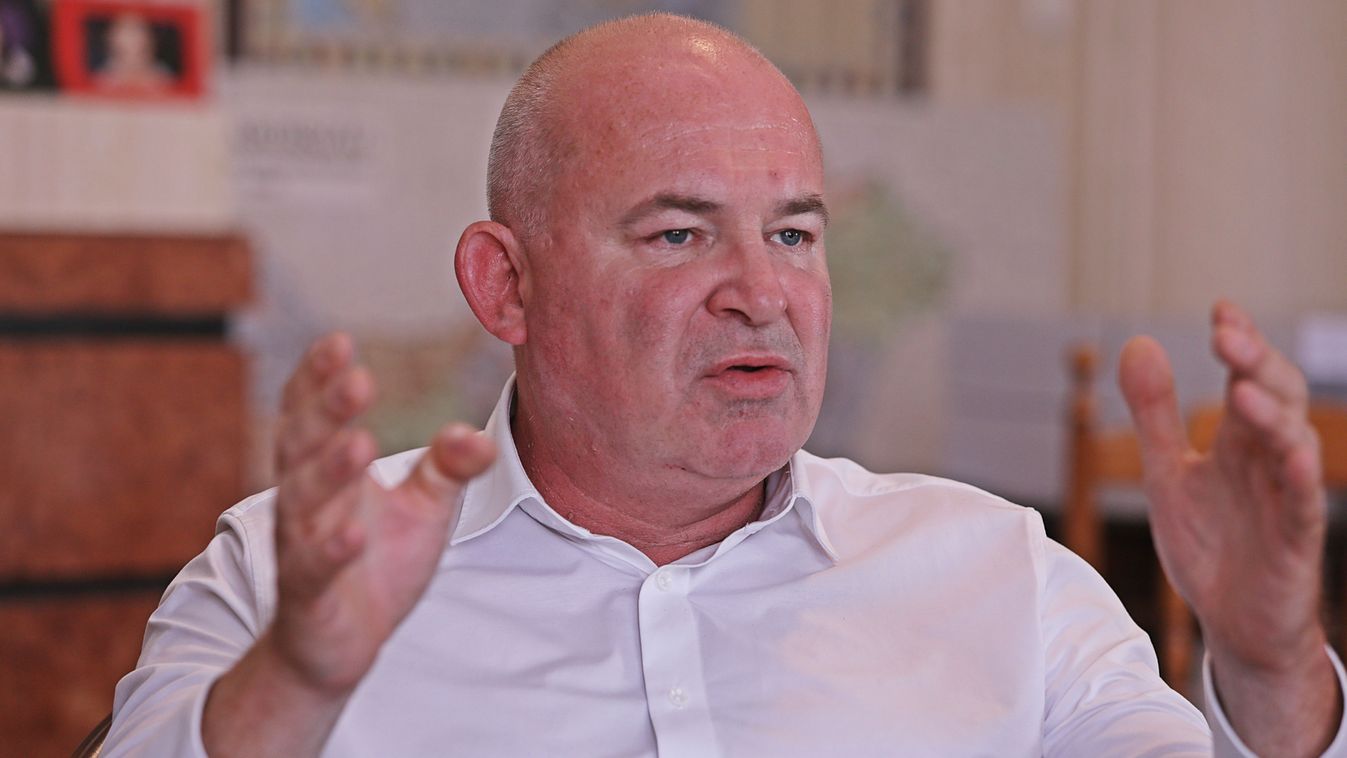
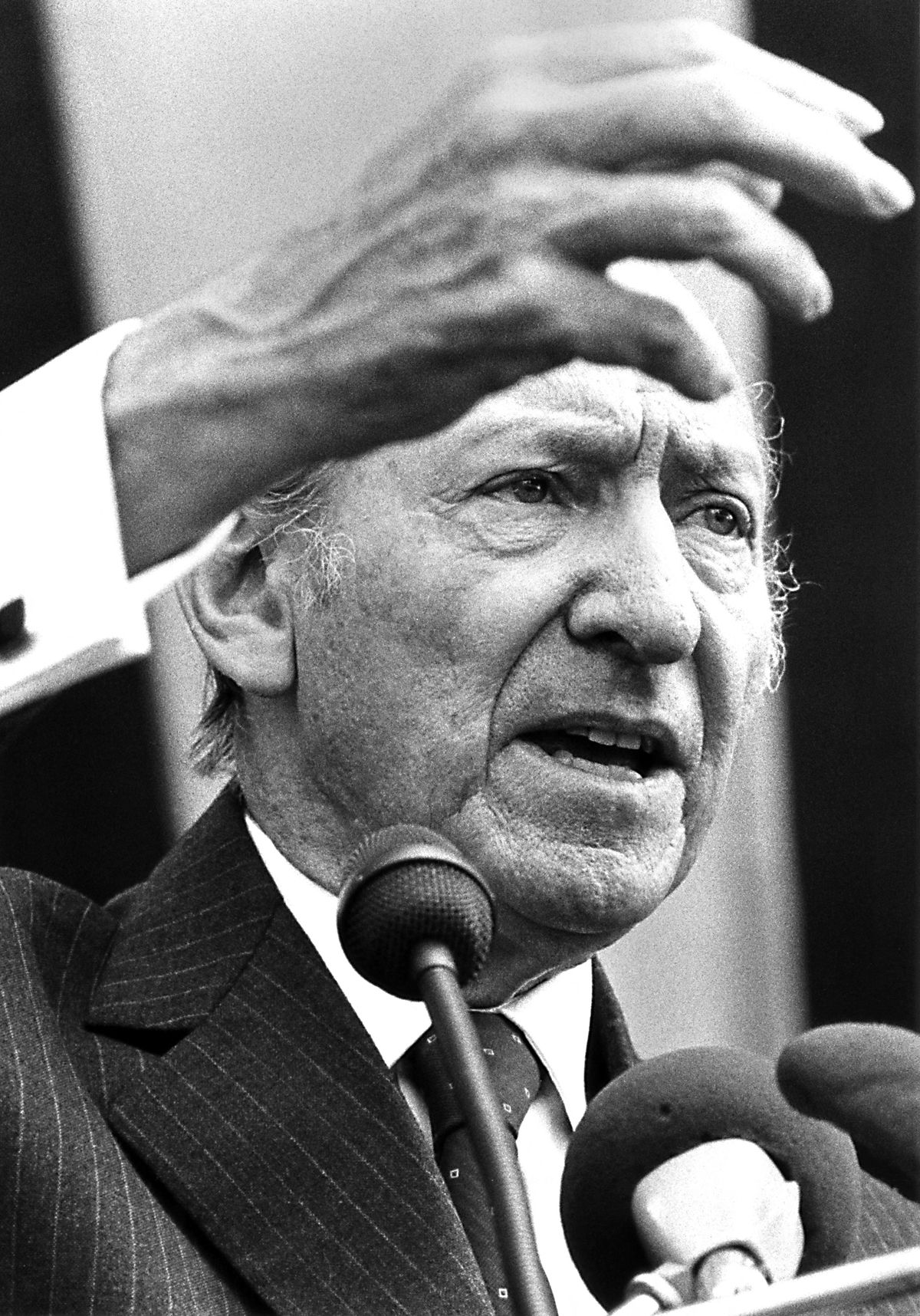
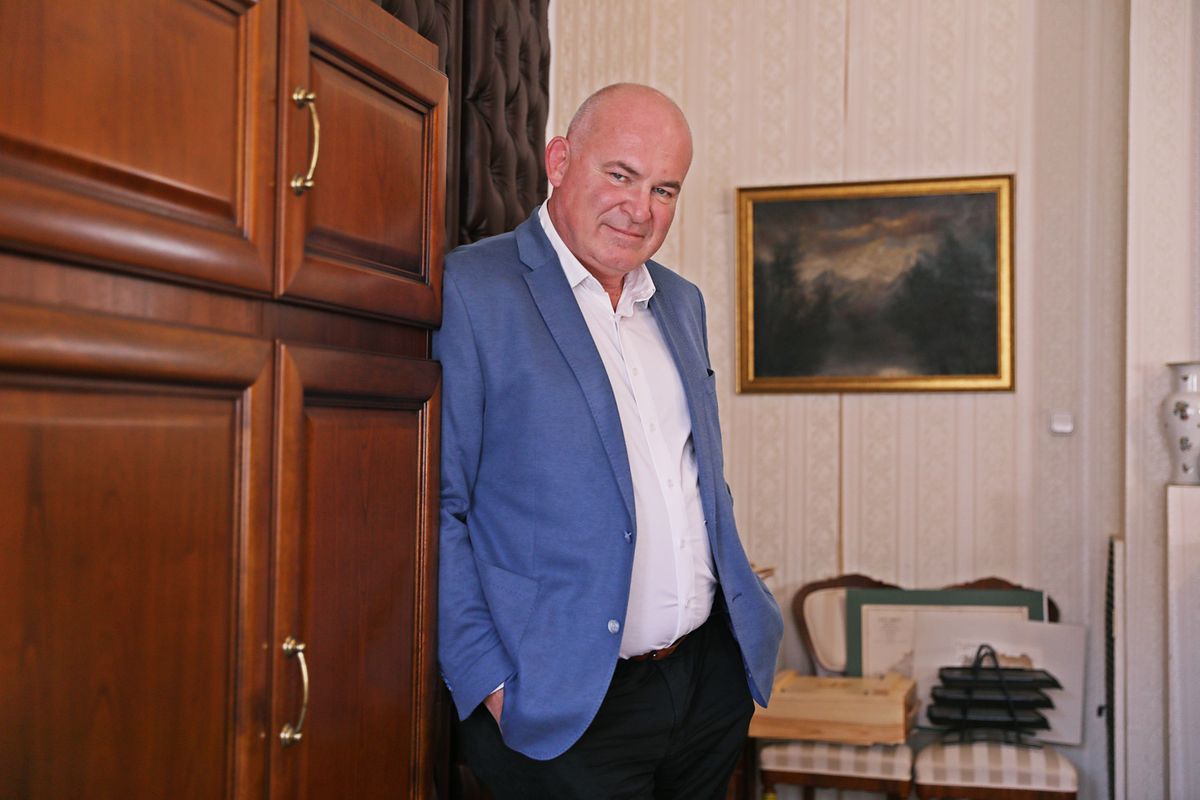
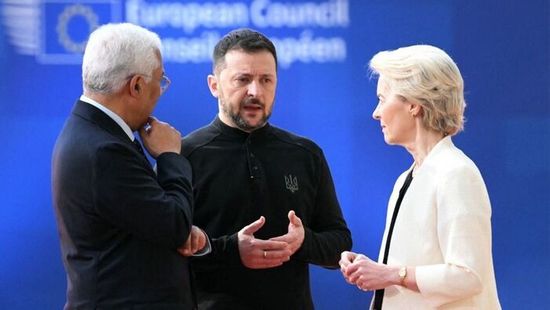

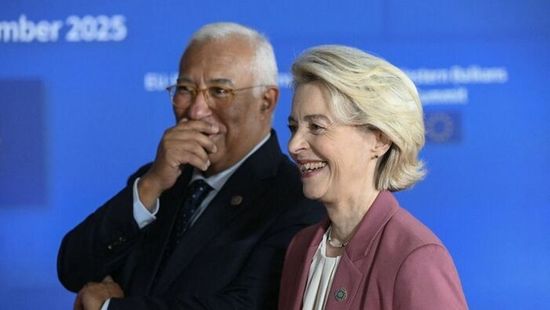
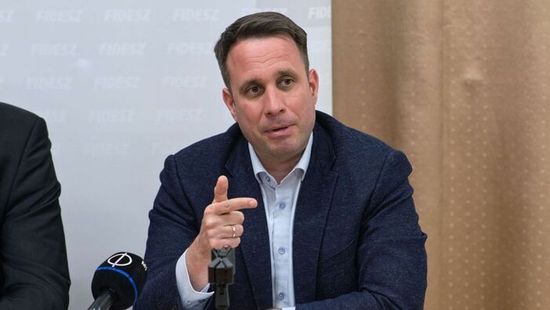


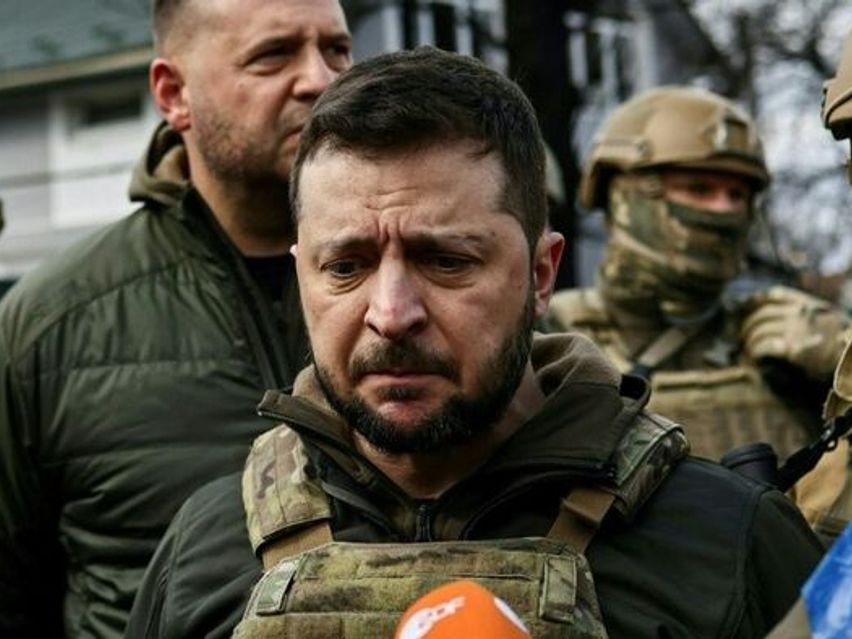



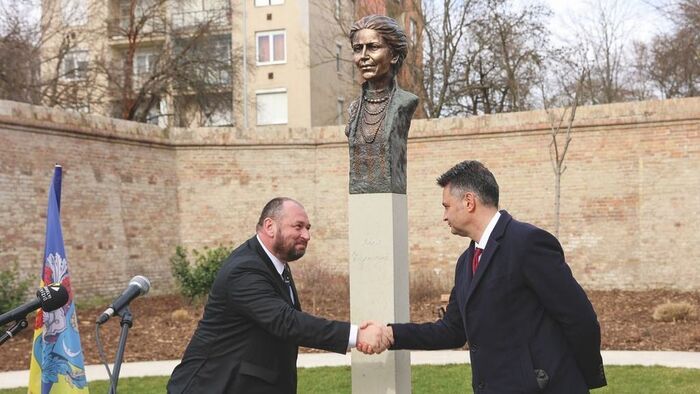

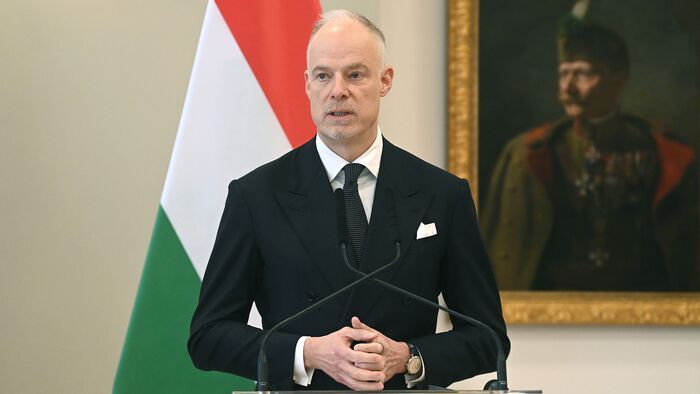
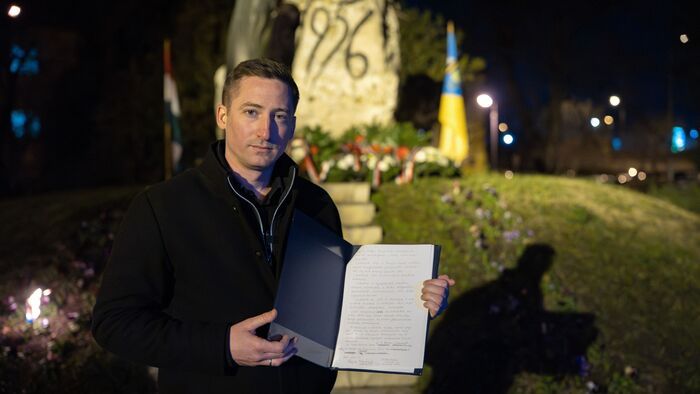

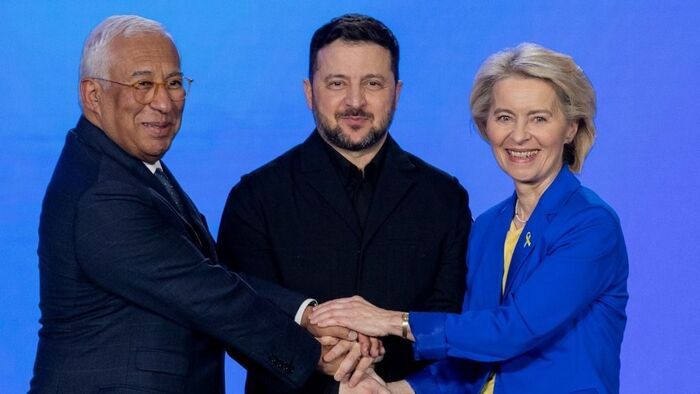
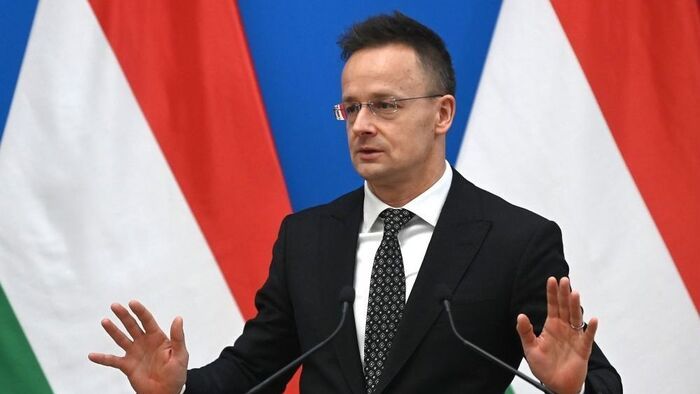





Szóljon hozzá!
Jelenleg csak a hozzászólások egy kis részét látja. Hozzászóláshoz és a további kommentek megtekintéséhez lépjen be, vagy regisztráljon!